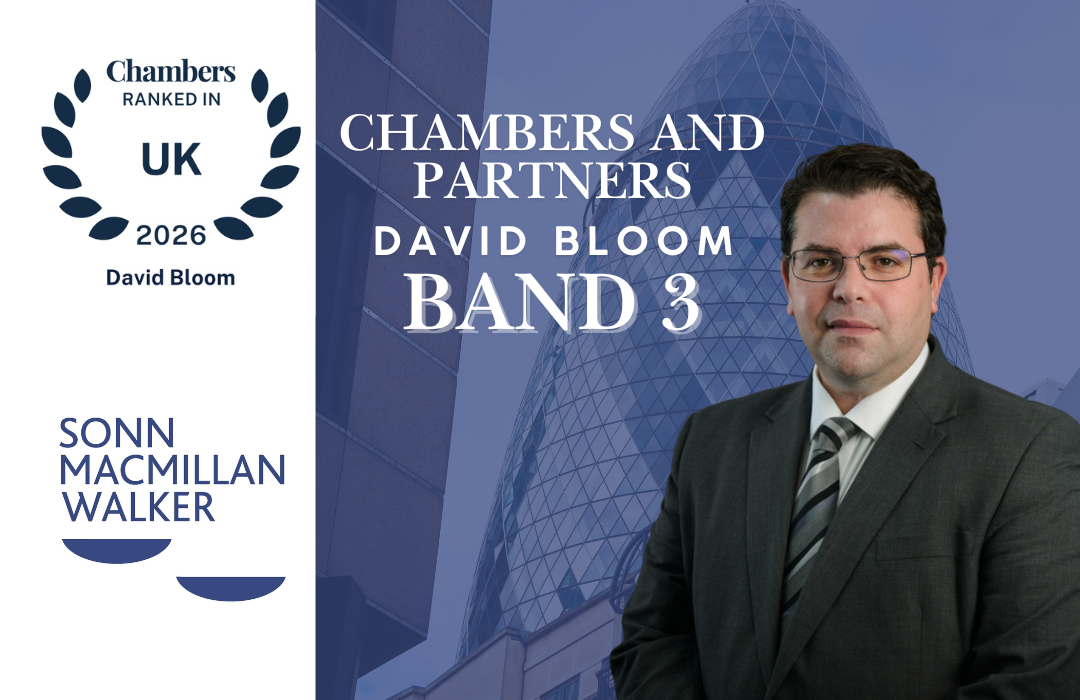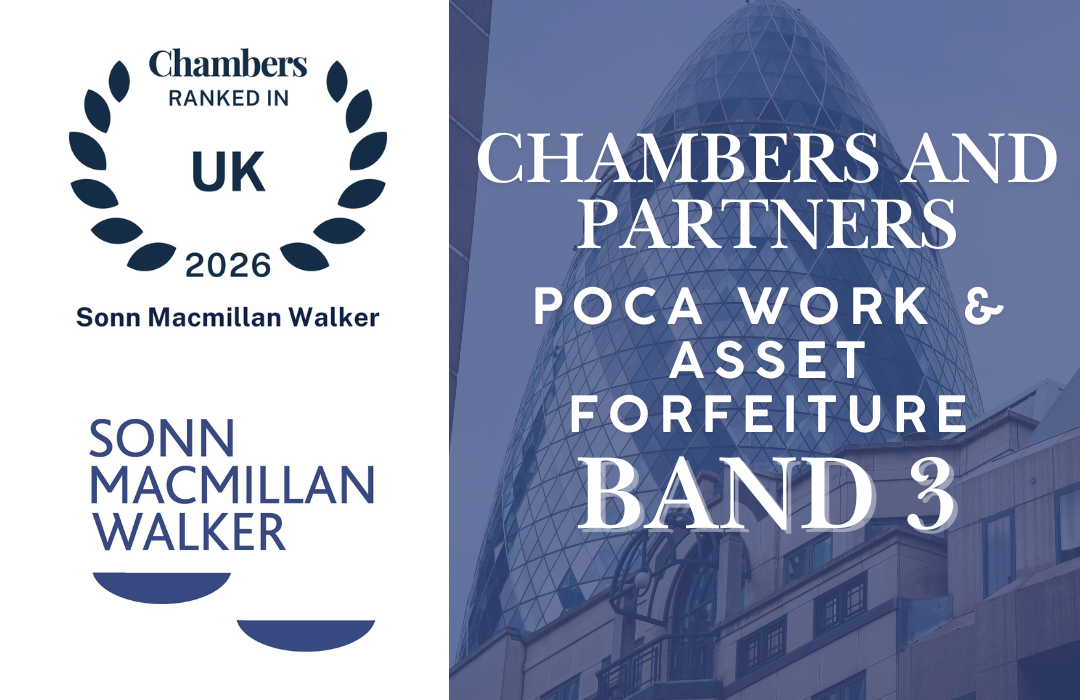When is HMRC more likely to conduct a criminal investigation against a taxpayer?
12 November 2025
HMRC reserves the right to conduct criminal investigations in all the areas for which it has responsibility.
But its policy is to deal with instances of suspected fraud where possible using the civil investigation procedures under Code of Practice 9 (COP9). This procedure relies on the taxpayer cooperating with HMRC and disclosing fraudulent activities. In exchange for individuals admitting their dishonesty, paying all their tax and significant financial penalties, they avoid a criminal investigation and potential prosecution, which otherwise could be the case.
It is cost effective for HMRC to be in receipt of the taxpayer’s incriminating information from the outset and enter a contractual arrangement with the taxpayer for the recovery of evaded tax.
HMRC position is that criminal investigations are reserved for cases where it needs to send a strong deterrent message or where the conduct involved is such that only a criminal sanction is appropriate. Its published policy of July 2025 confirmed:
‘While we reserve complete discretion to conduct a criminal investigation in any case, our approach is to use our criminal and specialist investigation capabilities in certain circumstances. These include:
-
- when a fraud is particularly serious
- when we want to send a strong deterrent message that reassures the honest majority that there is a level playing field
- when our civil powers aren’t enough to uncover the truth or recover the tax that is at stake
Criminal cases can be expensive and time consuming, so we use them selectively to ensure they deliver both value for money for the taxpayer and the maximum impact on tax fraud. In recent years, we have deliberately focused them on the most harmful, complex and sophisticated frauds.’
HMRC’s policy is that cases or conduct likely to result in a criminal investigation include:
- Where deliberate concealment, deception, conspiracy or corruption is suspected.
- Cases involving the use of false or forged documents.
- Cases involving importation or exportation breaching prohibitions or restrictions.
- Where the accused has committed previous criminal offences or unlawful conduct that resulted in civil penalties.
- Cases involving theft or the misuse or unlawful destruction of HMRC documents.
- Where there is evidence of assault on, threats to, or the impersonation of HMRC officials.
- Where there is a link to suspected wider criminality, whether domestic or international, involving offences not under the administration of HMRC.
- Cases of organised criminal gangs attacking the tax system or systematic frauds where losses represent a serious threat to the tax base, including conspiracy.
- Where an individual holds a position of trust or responsibility.
- Where money laundering is suspected, particularly where professional advisers provide the means to put tainted money out of reach of law enforcement. In this situation, HMRC takes a particularly severe attitude as a dishonest accountant is considered a source of ‘infection’ likely to have assisted multiple clients in the commission of serious fraud. Where a tax professional is criminally investigated and subsequently prosecuted, HMRC has the right to be selective in pursuing his clients.
- Where materially false statements are made, or materially false documents are provided, during a civil investigation: e.g. in 1987, the former British champion jockey Lester Piggott receiving a three-year prison sentence after pleading guilty to failing to declare income tax on almost £3 million of earnings. An aggravating feature was that after two previous tax investigations, Piggott had signed false statements of assets.
- Finally, in relation to a tax avoidance scheme, where reliance is placed on a false or altered document – or such reliance or material facts are misrepresented – to enhance the credibility of such a scheme. Although an avoidance scheme would normally be investigated by HMRC under a civil procedure, HMRC will initiate a prosecution in appropriate circumstances.
HMRC has made clear that certain offences will almost always be criminally investigated and prosecuted rather than be dealt with by means of the COP9 route. These include:
- VAT missing trader intra-community (MTIC) fraud involving the importation and onward sale of small high-value components such as mobile phones and computer chips.
- VAT bogus registration repayment fraud.
- Organised tax credit fraud.
When HMRC is determining whether a case should be investigated using the civil fraud investigation procedures under COP9 or via the criminal investigation route, significant weight will be attached to the extent to which the taxpayer has made complete and unprompted disclosure of the offence committed.
It is crucial that any taxpayer facing an HMRC criminal investigation receives appropriate and early legal advice. Speak to a lawyer at Sonn Macmillan Walker for more tailored advice.




